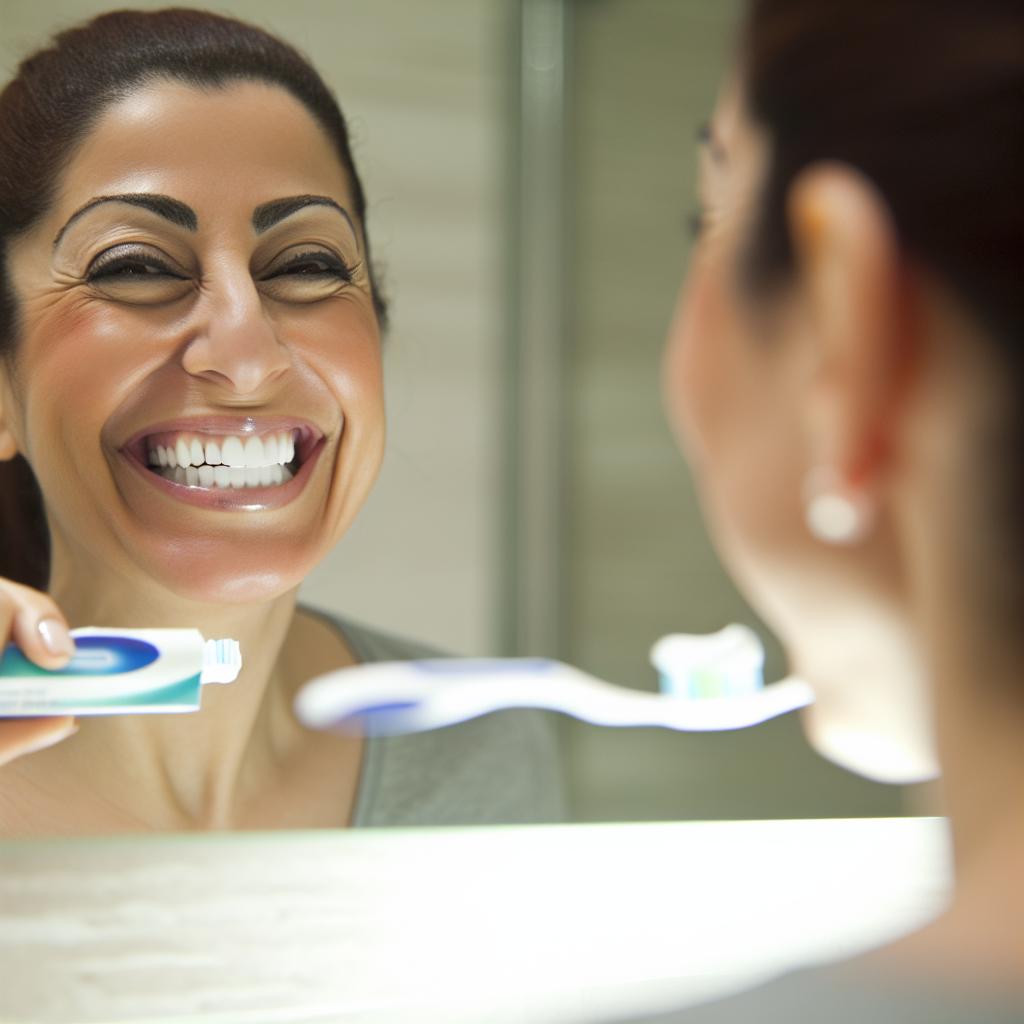
Revitalize your dental hygiene routine with essential tips for managing sensitive teeth.
Identifying the Causes of Tooth Sensitivity
Understanding the underlying causes of tooth sensitivity is the first step towards managing it effectively. Common triggers include enamel erosion, gum recession, and tooth decay, which expose the sensitive dentin layer to external stimuli. It's also possible that clenching or grinding your teeth, certain dental procedures, or even cracked teeth can contribute to this discomfort. By identifying the specific factors that cause your sensitivity, you can tailor your personal care routine to protect your teeth and reduce pain.
In some cases, tooth sensitivity may be linked to lifestyle habits such as aggressive brushing or the frequent consumption of acidic foods and beverages. It's important to recognize these habits and adjust them accordingly. Consulting with a dental professional can provide additional insight into the causes and help you formulate a plan to alleviate sensitivity.
Choosing the Right Toothpaste for Sensitive Teeth
Selecting a toothpaste designed for sensitive teeth is crucial in reducing discomfort during brushing. These toothpastes typically contain potassium nitrate or strontium chloride, which help to block the pathways to the nerves that signal pain. They often also include low abrasion formulas to prevent further enamel erosion. It's essential to look for a toothpaste that carries the American Dental Association (ADA) seal of approval, ensuring that the product is both safe and effective.
Additionally, some toothpastes offer extra benefits like fluoride to strengthen enamel and reduce decay, or ingredients for tartar control and whitening. However, it's important to choose a product that prioritizes sensitivity relief and to use it consistently as part of your daily routine.
Incorporating Gentle Brushing Techniques
When dealing with sensitive teeth, the way you brush can make a significant difference. Using a soft-bristled toothbrush, begin by gently placing the bristles at a 45-degree angle to your gums, and use short, tooth-wide strokes. Avoid aggressive or hard brushing, as this can wear down enamel and exacerbate sensitivity. Instead, focus on gentle motions and take your time to thoroughly clean each section of your mouth.
It's also beneficial to pay attention to the condition of your toothbrush. Replace it every three to four months, or sooner if the bristles become frayed, to ensure that you're not damaging your teeth with worn-out bristles. Remember that a gentle approach to brushing can help manage sensitivity and protect your oral health.
Adopting a Diet Friendly to Sensitive Teeth
Your diet plays a pivotal role in managing tooth sensitivity. Start by avoiding extreme temperatures in foods and beverages, as they can trigger pain. Additionally, steer clear of acidic items like citrus fruits, tomatoes, and carbonated drinks that can erode enamel over time. Instead, focus on a balanced diet rich in calcium and phosphorus to help strengthen tooth enamel and promote oral health.
Incorporating dairy products, leafy greens, and nuts into your meals can provide the necessary nutrients to support strong teeth. It's also important to drink plenty of water throughout the day, as it helps neutralize acids and wash away food particles that could contribute to sensitivity.
Regular Dental Check-Ups and Professional Advice
Routine dental check-ups are essential for anyone with sensitive teeth. These visits allow your dentist to monitor your oral health, address any issues promptly, and provide professional cleanings that remove plaque buildup and tartar. Your dentist can also offer personalized advice and treatments, such as fluoride applications or dental sealants, to help reduce sensitivity and protect your teeth.
Don't hesitate to discuss your sensitive teeth with your dentist. They can help diagnose any underlying conditions that may be contributing to your discomfort and recommend specific products or procedures to alleviate it. By maintaining regular dental appointments, you're taking a proactive approach to manage your tooth sensitivity and ensure a healthy smile.

